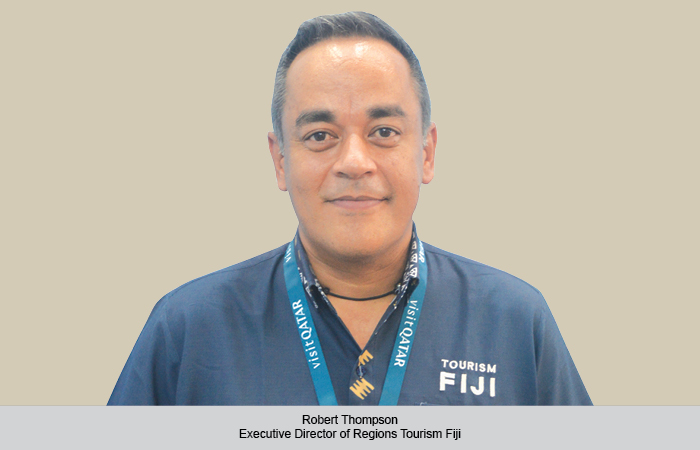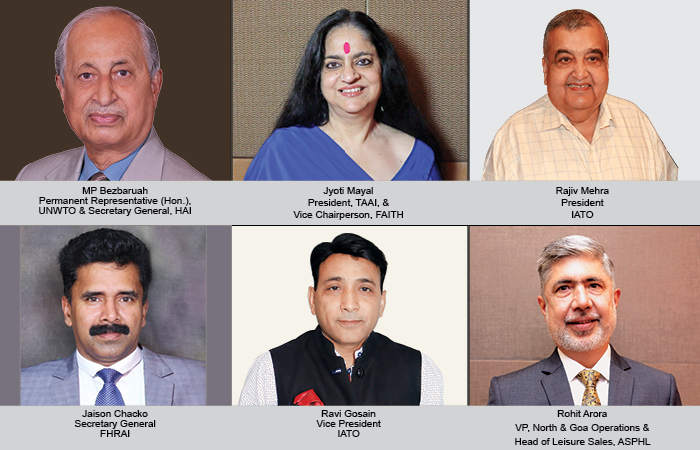SaaS can help the tourism industry get access to best-in-class technology and therefore be an enabler in their efforts to differentiate. SaaS brings a host of growth opportunities, explains Asish Z Koshy, VP & Head (Tour and Cruise Business), IBS Software.
Changes in consumer behaviour are the key forces driving fundamental changes in the structure and business model of travel distribution in the future. Travel suppliers and intermediaries alike need to redefine their roles vis-a-vis the customer and need to answer how they can establish a sustainable business model with attractive growth and margins. Unfortunately, most players in the industry seem to be finding answers that appear to be highly similar, moving everyone into the same potential “sweet spot”. Travel companies need technology-driven differentiation to be successful in the future.
SaaS, which is one of the three mainstays in cloud computing, can help the industry get access to best-in-class technology and therefore be an enabler in their efforts to differentiate. SaaS brings a host of innovation and growth opportunities for tourism and hospitality companies. SaaS is a relatively hassle free and cost effective alternative that offers new possibilities, flexible costs as well as easy maintenance and deployment. SaaS encourages launch of start-ups in the industry as they can get to market quickly with minimum upfront investment. Industry will be able to provide a degree of flexibility to travellers to tailor make their itineraries.
How is SaaS helping?
SaaS application development has helped to deploy better software engineering practices and has simplified the integration of solutions with satellite systems. With this, travel companies – from start-ups to large-scale organisations – can build engaging online experiences for their travellers. They help travellers plan their entire trip seamlessly, choose the prices that fit in their budget and post reviews for others.
The pay-as-you-go model of SaaS helps businesses to reduce their IT capital expenditure and keep their operational expenditure in line with business volumes. Start-ups can leverage the quick-to-deploy SaaS applications to build up their business idea from concept, to production, to scaling. SaaS applications enable travel companies to focus more on their business by eliminating the need to buy, install and operate hardware.
SaaS applications can further support by aggregating and analysing a vast amount of data available. They facilitate the statistics required to verify different propositions and provide various customers insights that enable personalization.
The next boom because of SaaS
A WTTC report reveals that the total market size of the tourism and hospitality industry in India, which stood at $117.7 billion in 2014, is expected to reach $418.9 billion by 2022 growing at a CAGR of 14%. SaaS-based enterprise travel technology solutions leveraging AI and Analytics will also be increasingly adopted by the travel industry in India. Several niche travel providers will emerge both in the leisure and corporate travel space who will increasingly leverage technology to provide personalised self service capabilities to travellers.
 TravTalk India Online Magazine
TravTalk India Online Magazine





